
Whether you were diagnosed with ADHD as a kid or more recently as an adult, the symptoms of ADHD can manifest differently for adults.1 Sometimes this means that ways you coped in the past may not be as effective as they used to be. Certain methods work better for different people, so as you discover what works for you, here are some tried and true tips for dealing with ADHD as an adult.
1. Providing Proper Nutrition
You may not think about it, but nutrition can greatly impact your mental health because your gut and brain communicate! The gut-brain axis is the communication network between your gut and brain that includes the nervous system and neurotransmitters. Because of this connection, gut bacteria affect brain health, so changing your gut bacteria may improve your brain health.2
Two components to getting the proper nutrition: micro and macronutrients. Micronutrients include things like your vitamins and minerals that are needed in smaller amount, while macronutrients (e.g. fats, proteins, and carbohydrates) are required in large amounts in the diet. Cutting back on sugar, artificial flavors, and processed foods, while getting a good balance of protein and fats can be very beneficial as the sugar feeds bad gut bacteria, while vegetables and bitter foods feed the good bacteria.
In addition to eating a balance of fats and proteins, there is the micronutrient component as well. It has been shown that people diagnosed with ADHD are more likely to have low levels of certain lipids, specifically certain omega-3 fatty acids, and ADHD has been shown to be associated with metabolic disturbances in lipid metabolism. Accentrate® is a natural, scientifically formulated combination of lipids and vitamins designed to address lipid imbalances associated with ADHD and support proper regulation of neurotransmitters needed for optimal cognition, including memory, attention, and focus. By taking a supplement such as Accentrate®, you are giving your brain the micronutrients it needs.
2. Limiting Screen Time
For those with ADHD (and all of us honestly), technology can become addicting. Screens provide instant gratification and pleasure, which in turn supplies dopamine to the underactive dopamine reward pathway of the ADHD brain.3,4
As shared in ADDitude, "Key aspects of the reward system are underactive in ADHD brains, making it difficult to derive reward from ordinary activities. These dopamine-deficient brains experience a surge of motivation after a high-stimulation behavior triggers a release of dopamine. But in the aftermath of that surge and reward, they return to baseline levels with an immediate drop in motivation.”4 By limiting screen time, we can help prevent the cycle of withdrawals and loss of motivation.
Getting away from screens can be difficult, but here are some ideas that may help:
- • Close tabs that distract you from your current task.
- • Only check your email (outside of work) at certain times.
- • Turn off non-essential notifications to reduce checking your phone constantly.
3. Creating Routines
This may sound obvious or like something you have tried before, but it’s important to find the right routine for you and your brain. Just like some of us are morning people and others are night owls, each person will have tendencies toward certain schedules/routines.
Planning your day ahead of time can help you become more aware of what you need to accomplish. Writing this down or putting in in your calendar can help you remember and stay focused. Often putting the urgent, important tasks earlier in the day makes it easier to focus your attention and complete your to do’s.5
When eventually you fail to stick to your new routine, don’t give up! Life happens and plans change, but if you discover you’re consistently deviating, then maybe it’s just not the right routine for you. The main thing is not to get frustrated with yourself and keep it simple—the more complicated a routine is the harder it will be to stay on track.
4. Practicing Meditation
While this may sound like torture at first—I mean, it’s sitting still, right?—it doesn’t have to be sitting cross-legged with an empty mind saying “ohm.” Many with ADHD struggle with this type of meditation because it’s hard to disengage a brain that’s running non-stop. Some people prefer movement during meditation like walking or even just getting to a state of mindfulness while sitting in bed.6
Taking even a few minutes to remove distractions, check in with yourself, and breathe can really help you de-stress and enter your day in a better head space.
5. Incorporating Exercise
When you think of exercise you don’t typically think about the impact it has on your brain, but did you know that getting up and moving allows your brain to release important chemicals like dopamine, serotonin, and norepinephrine?7 These are crucial to attention and focus and can help you throughout the day.
Keeping exercise fun makes it less of a boring to do and more of an exciting activity, so whether it be dancing, yoga, running, or going to the gym, find what gets you motivated for movement!
Everyone with ADHD is unique, so finding what helps you is key. Hopefully, these will be some good starting points as you continue on your journey. If you have any questions or would like to learn more about Accentrate®, please send us a message!
References Specific to This Article:
[1] Iftikhar, N., MD. (2021, April 23). What Does ADHD Look Like? Symptoms and Signs. Psych Central. https://psychcentral.com/adhd/attention-deficit-hyperactivity-disorder-adhd-symptoms
[2] Robertson, R., PhD. (2020, August 20). The Gut-Brain Connection: How it Works and The Role of Nutrition. Healthline. https://www.healthline.com/nutrition/gut-brain-connection
[3] Susman, C. (n.d.). How to crush screen overuse with ADHD. Cheryl Susman ADHD Coaching. Retrieved September 15, 2021, from https://cherylsusman.com/collected-wisdom/how-to-crush-screen-overuse-with-ad
[4] Littman, E., PhD, & Panel, A. A. M. R. (2021, August 26). Never Enough? Why ADHD Brains Crave Stimulation. ADDitude. https://www.additudemag.com/brain-stimulation-and-adhd-cravings-dependency-and-regulation/
[5] Bettino, K. (2021, May 24). 9 Tips for Creating a Routine for Adults with ADHD. Psych Central. https://psychcentral.com/adhd/9-tips-for-creating-a-routine-for-adults-with-adhd#schedule-ahead
[6] Kelly, K., & Ramundo, B. P. S. (2021, February 5). Forget the Lotus Position: How to Meditate — ADHD Style. ADDitude. https://www.additudemag.com/how-to-meditate-for-adhd-symptoms/
[7] ADDitude Editors. (2020, October 10). Exercise and the ADHD Brain: The Neuroscience of Movement. ADDitude. https://www.additudemag.com/exercise-and-the-adhd-brain/
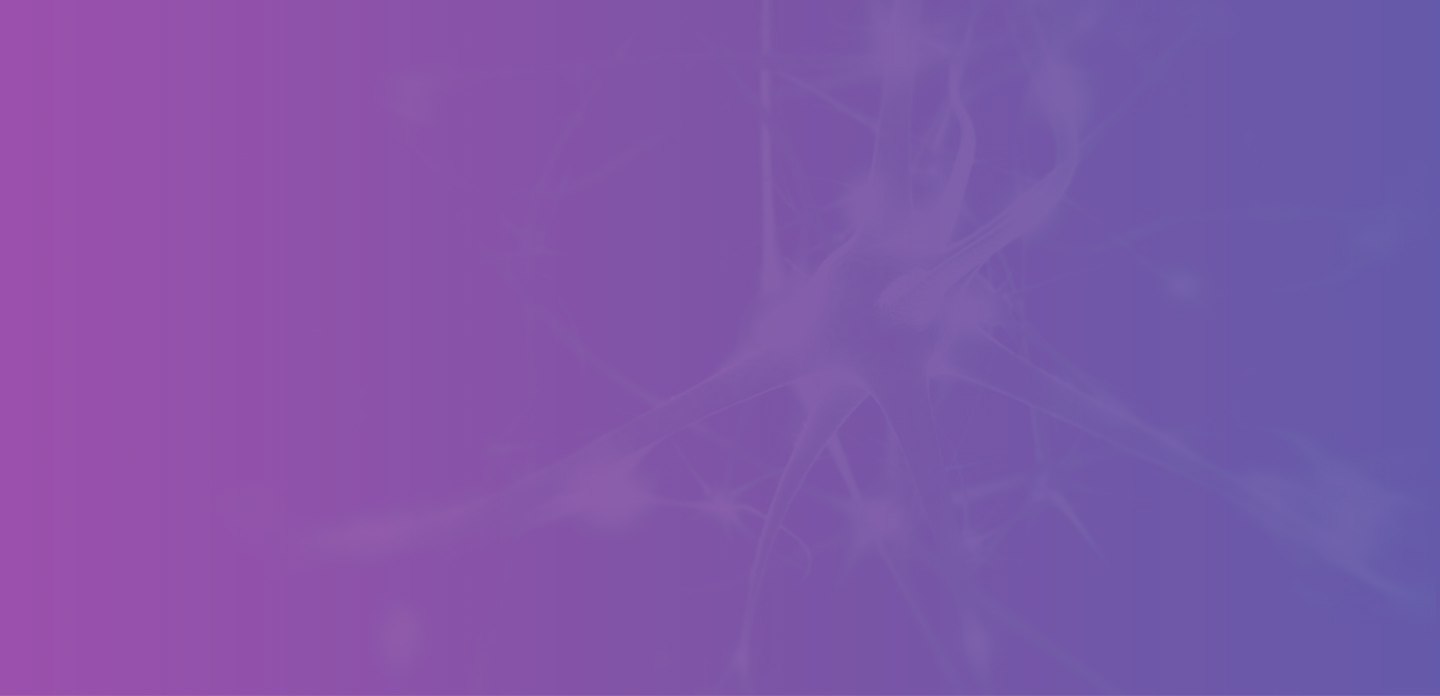
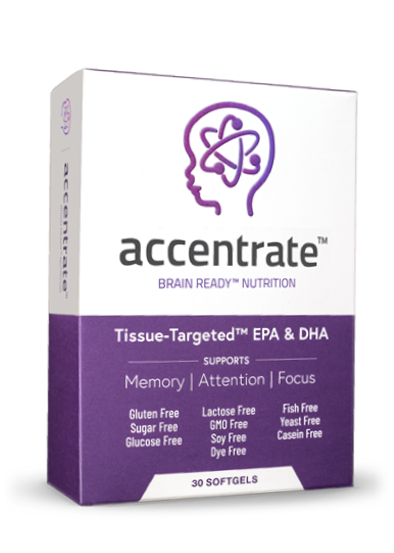
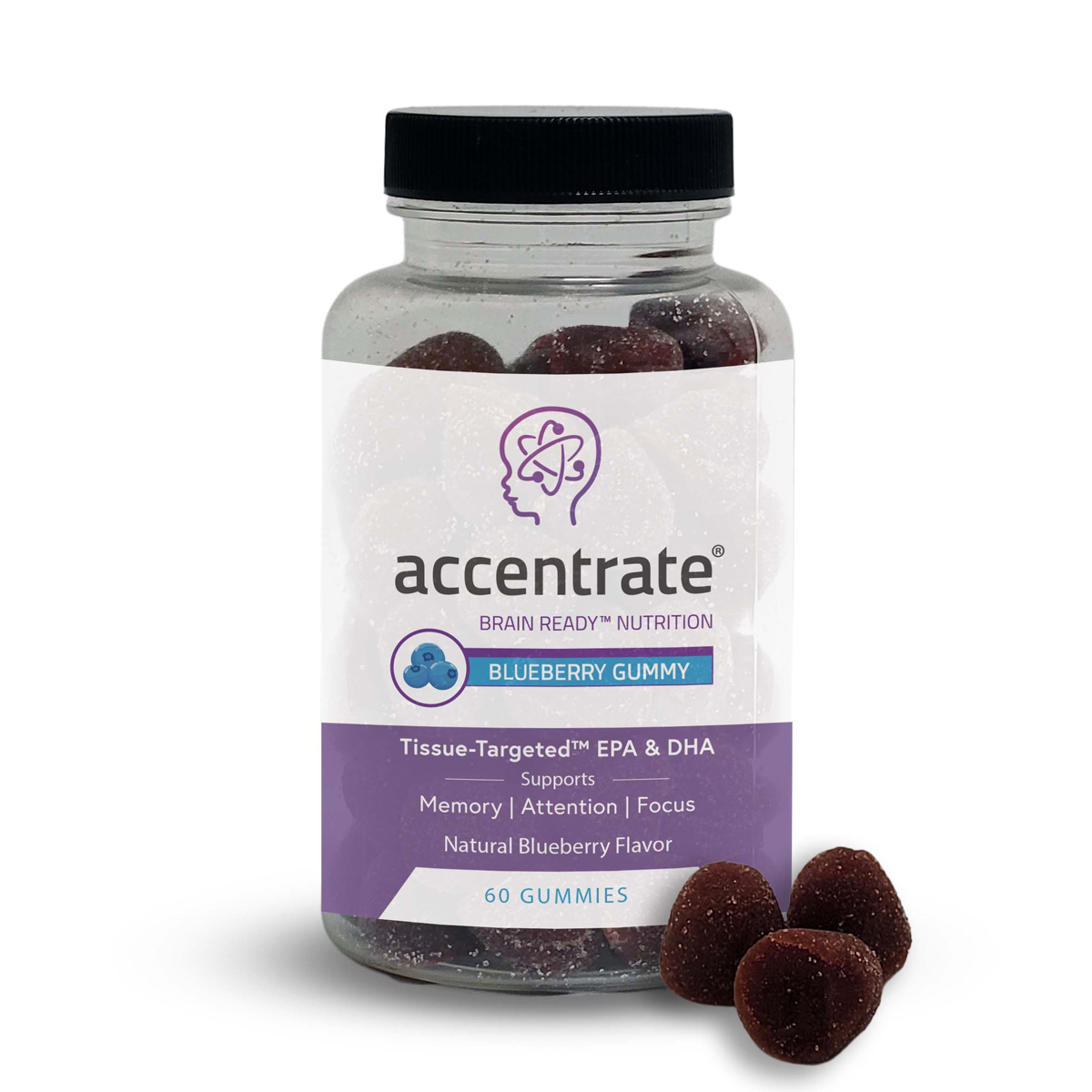
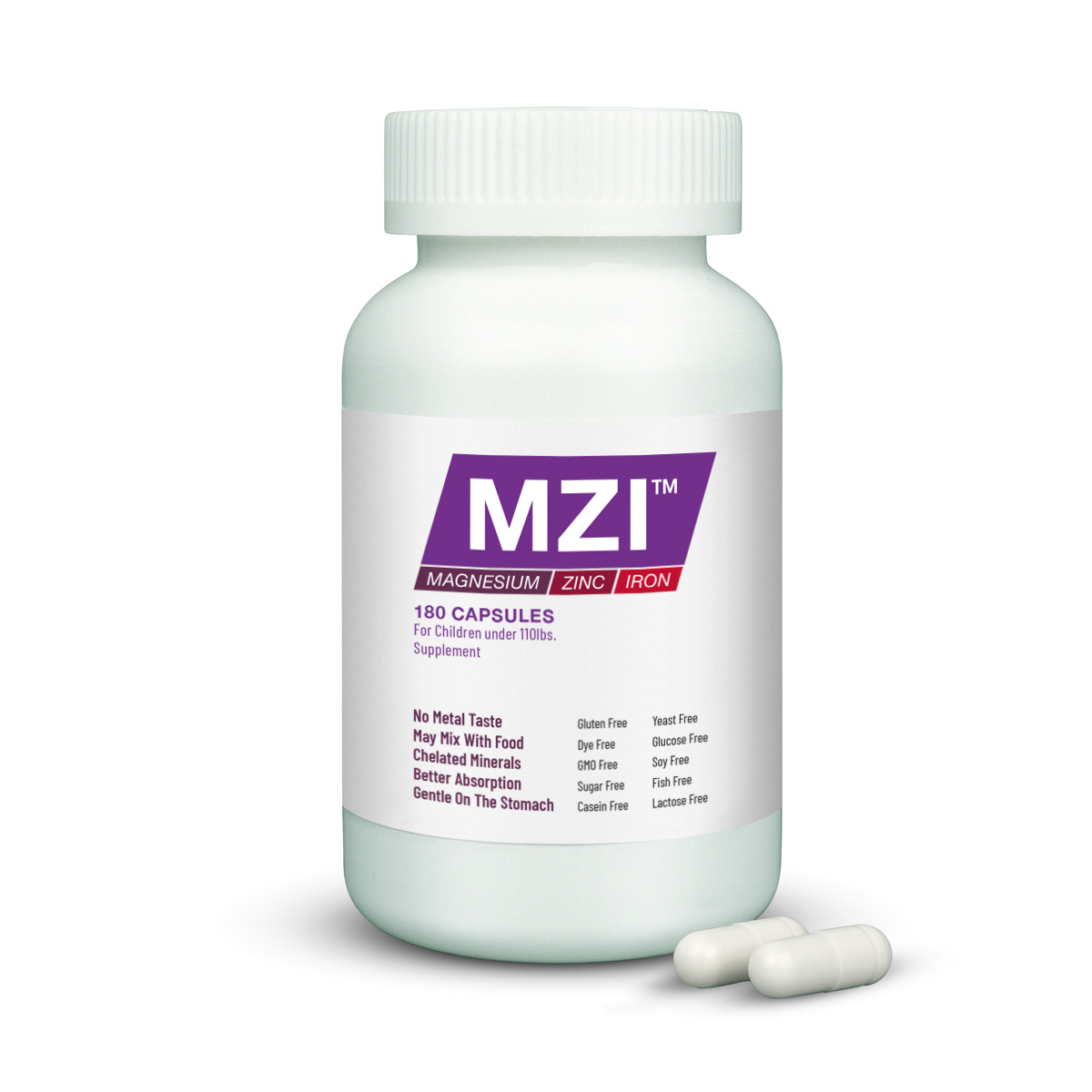
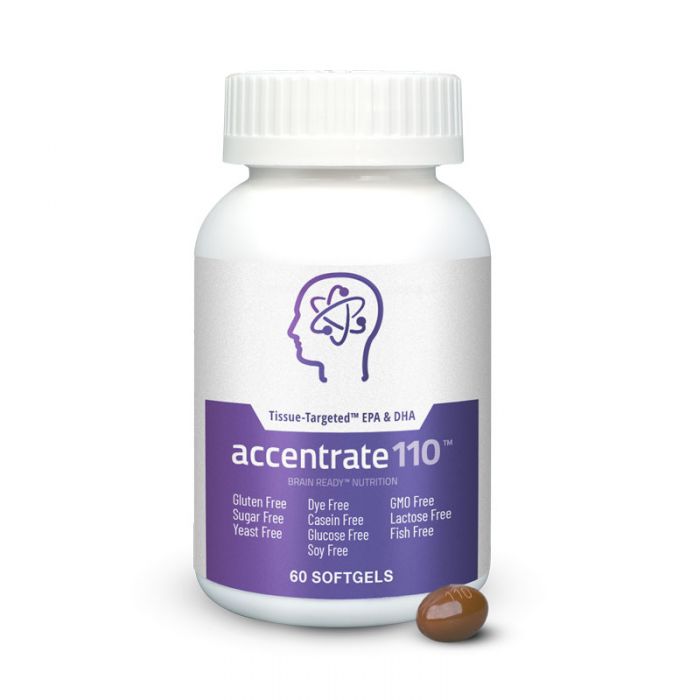
 39 Reviews
39 Reviews
